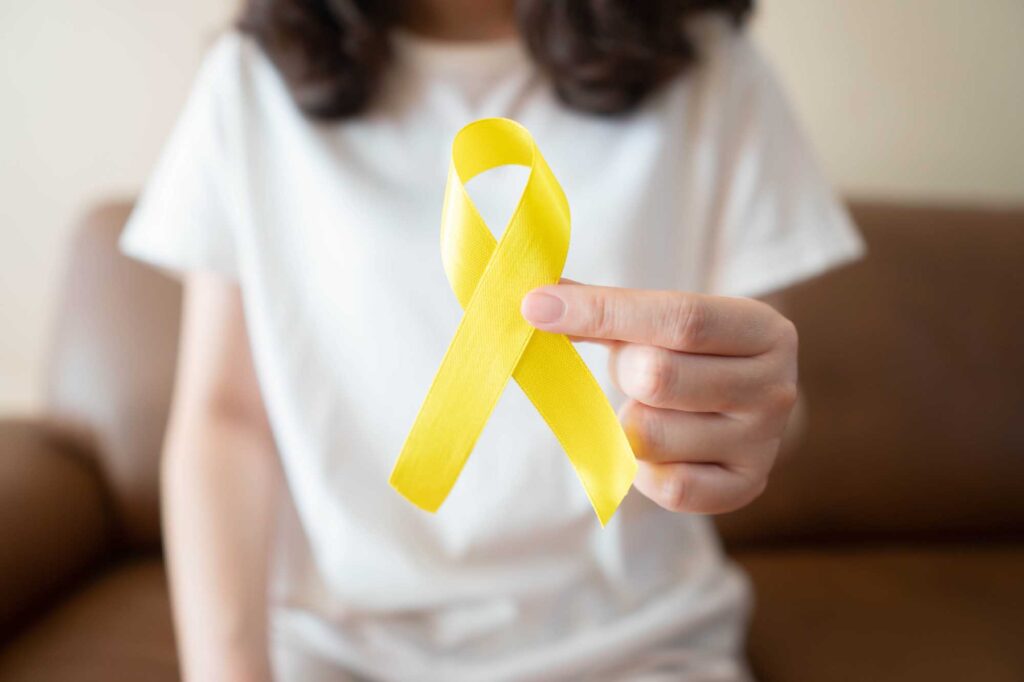By Falon Mansfield, Division Director at The Jason Foundation
In the 1940s, thanks largely to the advocacy efforts of Mental Health America, the United States. began to turn its attention to mental health and the impacts that these types of conditions had on the population. Two years after the formation of the National Institute of Mental Health in 1947, Mental Health America began to recognize Mental Health Week in order to better inform the public about the prevalence of mental health issues. This week later turned into an entire month dedicated to the discussion of mental health, which many government, public health and non-profit organizations now recognize in May as Mental Health Awareness Month.
Americans’ knowledge of mental health conditions and acceptance of those who experience these conditions has improved greatly over the years, especially as social media and awareness campaigns have helped to foster new conversations and decrease the stigma associated with mental health conditions. However, despite a general willingness to talk about mental wellness and a renewed interest in seeking help, the U.S. continues to experience a nationwide public health crisis where suicide is concerned. All year round it is important to be aware of the widespread issue of suicide and the help that is available for those who may be considering it.
According to the CDC’s most recent data from 2022, Colorado ranks 10th for the highest suicide rates in the country. In order to combat this suicide crisis in the state, Colorado’s Department of Public Health and Environment has designated an Office of Suicide Prevention. Within this Office, there are a number of working groups that focus on priority demographics in the state that have the highest suicide risk. One of the state’s highest priority groups is youth. When it comes to teen suicide, Colorado ranks 5th in the nation for the highest death rates. The Office of Suicide Prevention reports that “in 2022, 4.4% of Colorado’s suicide fatalities were youth ages 10-18,” and “8.4% were young adults ages 19-24.”
Perhaps one of the most insightful sets of data regarding the mental health of Colorado youth is the responses recorded in the state’s Healthy Kids Colorado Survey. According to high school students’ responses to the survey in the most recent survey year 2021, 39.6% of students expressed that they had felt sad or hopeless for a period of two weeks or more, which could indicate clinical depression. Of the students surveyed, 17.1% said they had seriously considered suicide, 13.2% said they had made a plan of how they would carry out suicide, and 7.2% said they had made at least one attempt within the past year. Interestingly, all of these percentages are lower than the national averages reported in the CDC’s Youth Risk Behavior Survey.
There are a number of factors that contribute to a young person’s desire to die by suicide, and in Colorado, the Office of Suicide Prevention has established a few of the most common circumstances that the state’s youth face. Some of these challenges include depression and other diagnosed mental health problems, a history of suicidal ideation or behaviors, job problems, intimate partner problems, and substance use. It is vital to be aware of the most common issues faced by at-risk youth so that steps can be taken to address common issues and to provide intervention before a crisis occurs.
Suicide prevention is an essential aspect of mental health awareness, and its important to learn about the problem of youth suicide, how to recognize it, and what to do if you see signs of concern. This article has made you aware of the statistics in Colorado, which is an amazing first step. For more information about the warning signs of youth suicide, visit The Jason Foundation. If you or someone you know is experiencing a mental health crisis, call or text the National Suicide and Crisis Lifeline at 988 or visit your local emergency department. If you are searching for treatment in your area, visit SAMHSA’s facility locator at findtreatment.gov. For more Colorado-specific resources, visit the Office of Suicide Prevention’s site at https://cdphe.colorado.gov/suicide-prevention.






